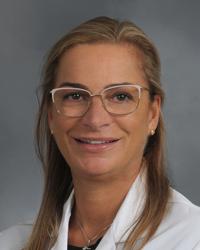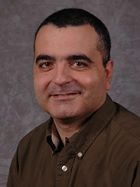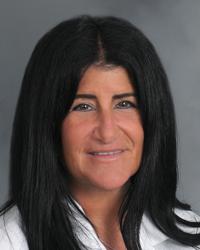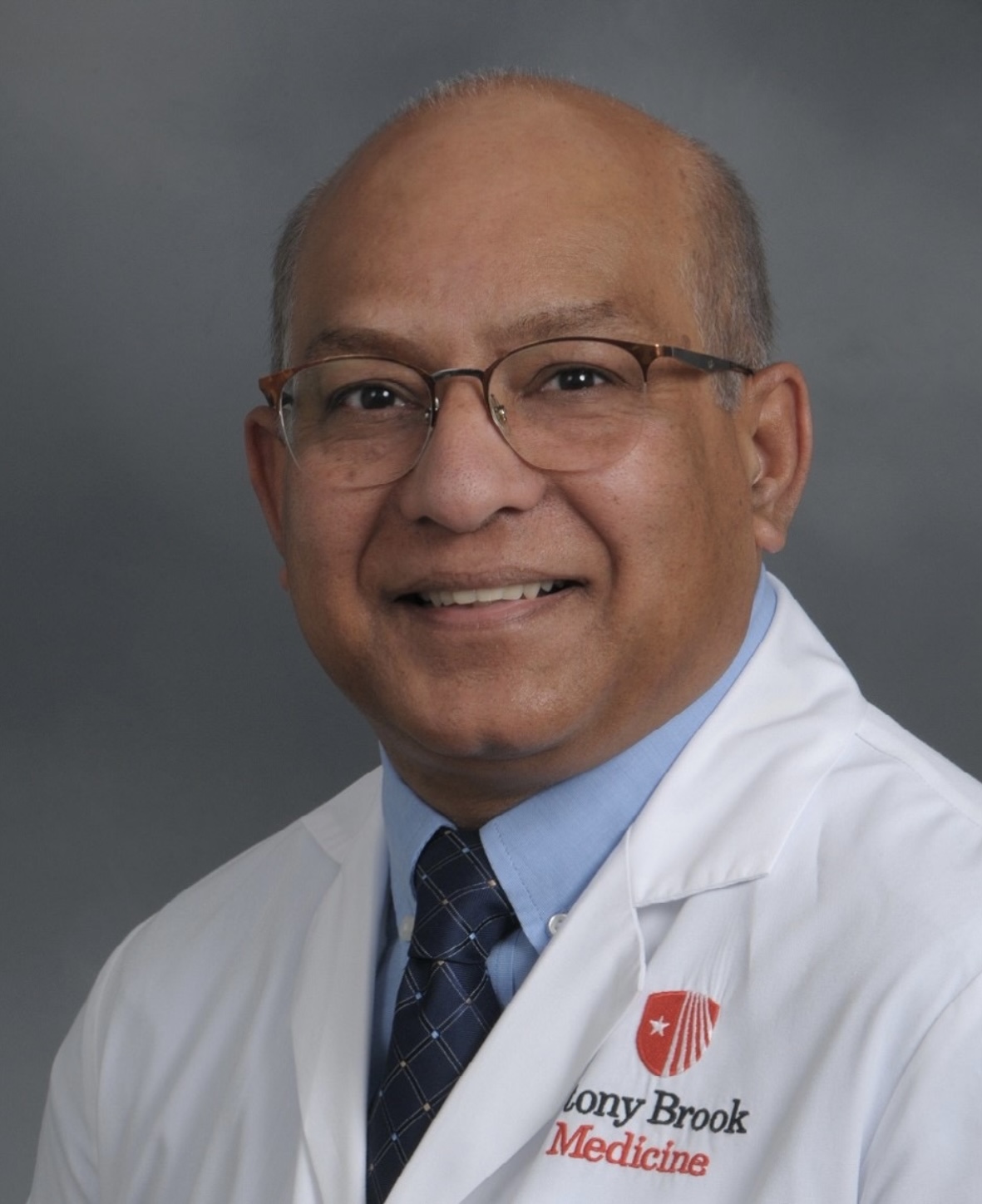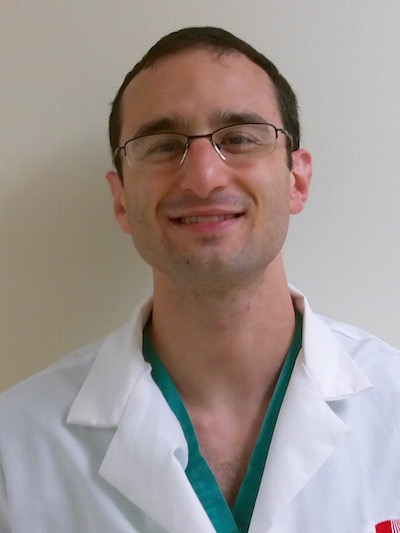
| Volume 39 Number 3 | Stony Brook, NY | < September 2023 > |
 |
 |
|
Top Doctors!
A total of 84 Stony Brook Medicine physicians have been named “Top Doctors” on Castle Connolly Top Doctors 2023 list. The list includes 7 doctors from Stony Brook Anesthesiology. The “Top Doctors” list represents the top 7% of physicians in the US, and the top 7% of New York area physicians.
|
||||||||
|
Welcome Dr. Shruti Parikh
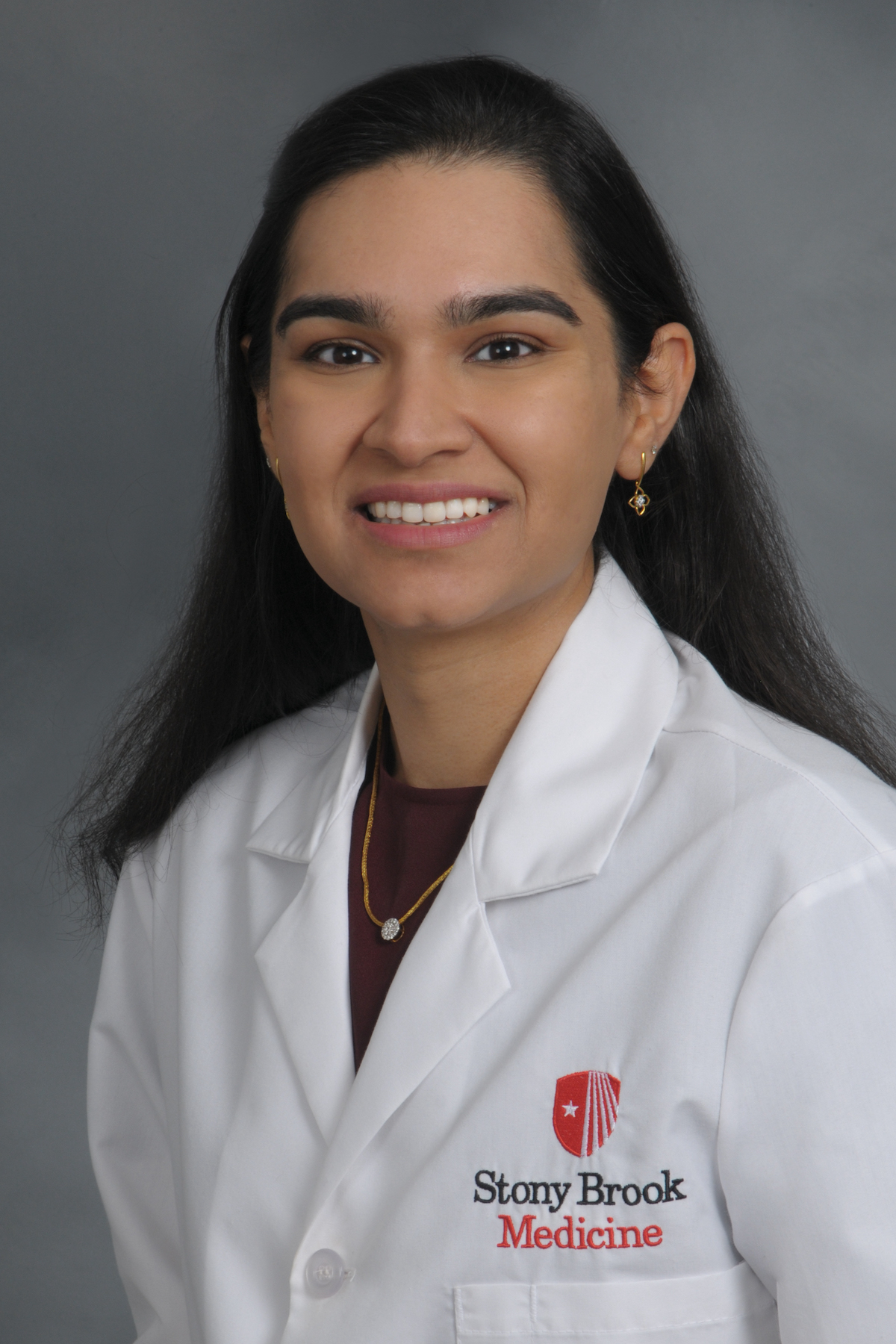
Dr. Parikh made Medically Challenging Case presentations at the PGA and ASA meetings. Notably, She was the lead author for the Senior Resident Project: "The Effects of Pyxis Location on the Narcotic Waste Process" which was presented at both Society meetings. Dr. Parikh is a member of the General team. Welcome, for a fourth time, to Stony Brook Shruti! |
|
Dr. Dubnau: Senior Research Excellence Awardee
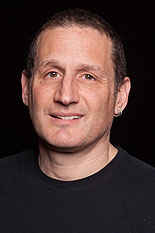
In her announcement letter, Dr. Stella Tsirka, Vice Dean for Faculty Affairs, wrote: "The purpose of our Faculty Awards is to recognize and reward excellence among faculty in the various mission areas of the Renaissance School of Medicine at Stony Brook University. Being considered by your colleagues as deserving of this award is a great professional accomplishment and an indication that you are highly regarded." Dr. Dubnau joined our department in 2016. He did his undergraduate degree in Biochemistry at Stony Brook and after getting his PhD in Genetics and Development at Columbia University, he joined Cold Spring Harbor Lab. During his time at CSH, he was an adjunct at Stony Brook. His research interest is the effects of aging on brain function. He has found that retrotransposons and endogenous retroviruses may underlie neurodegeneration in amyotrophic lateral sclerosis and other disorders. |
|
Kudos
Joy Schabel, MD
Congratulations to CA1s Drs. Vince Bargnes and Genna Monanian for being selected as NYSSA Delegates for the ASA Resident Component House of Delegates. They will be official voters for NY state on national resident-specific issues and will select the ASA Resident Component Governing Council for the 2023-2024. Wow! Congrats Vince and Genna! 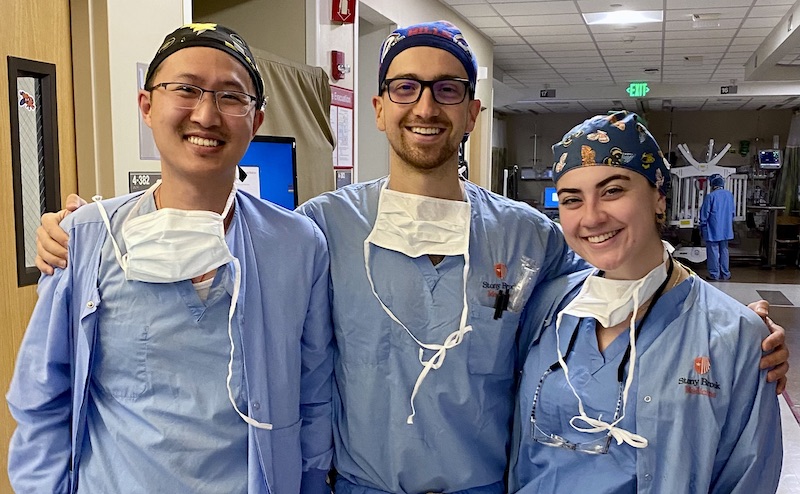
Drs. Bargnes and Monanian along with Dr. Jin, a member of the ASA Resident Governing Council for 2022-23 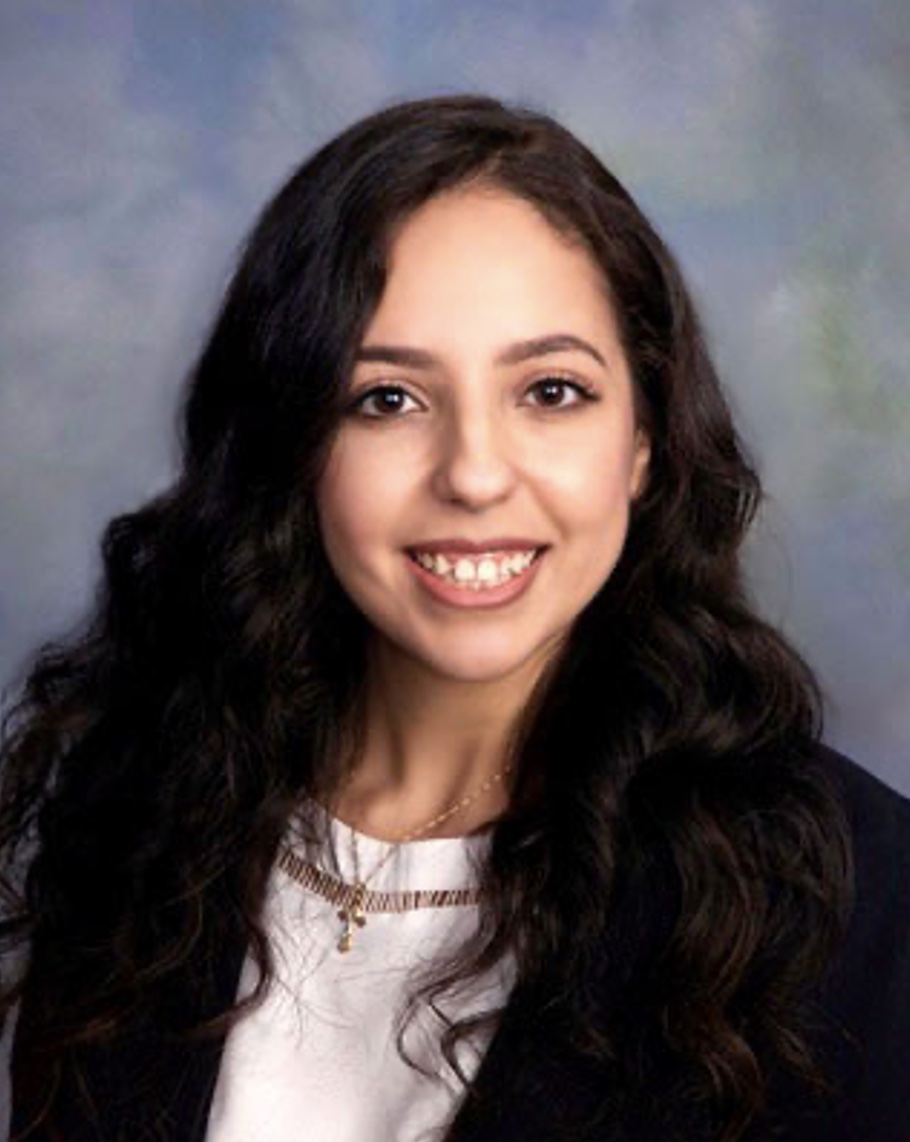 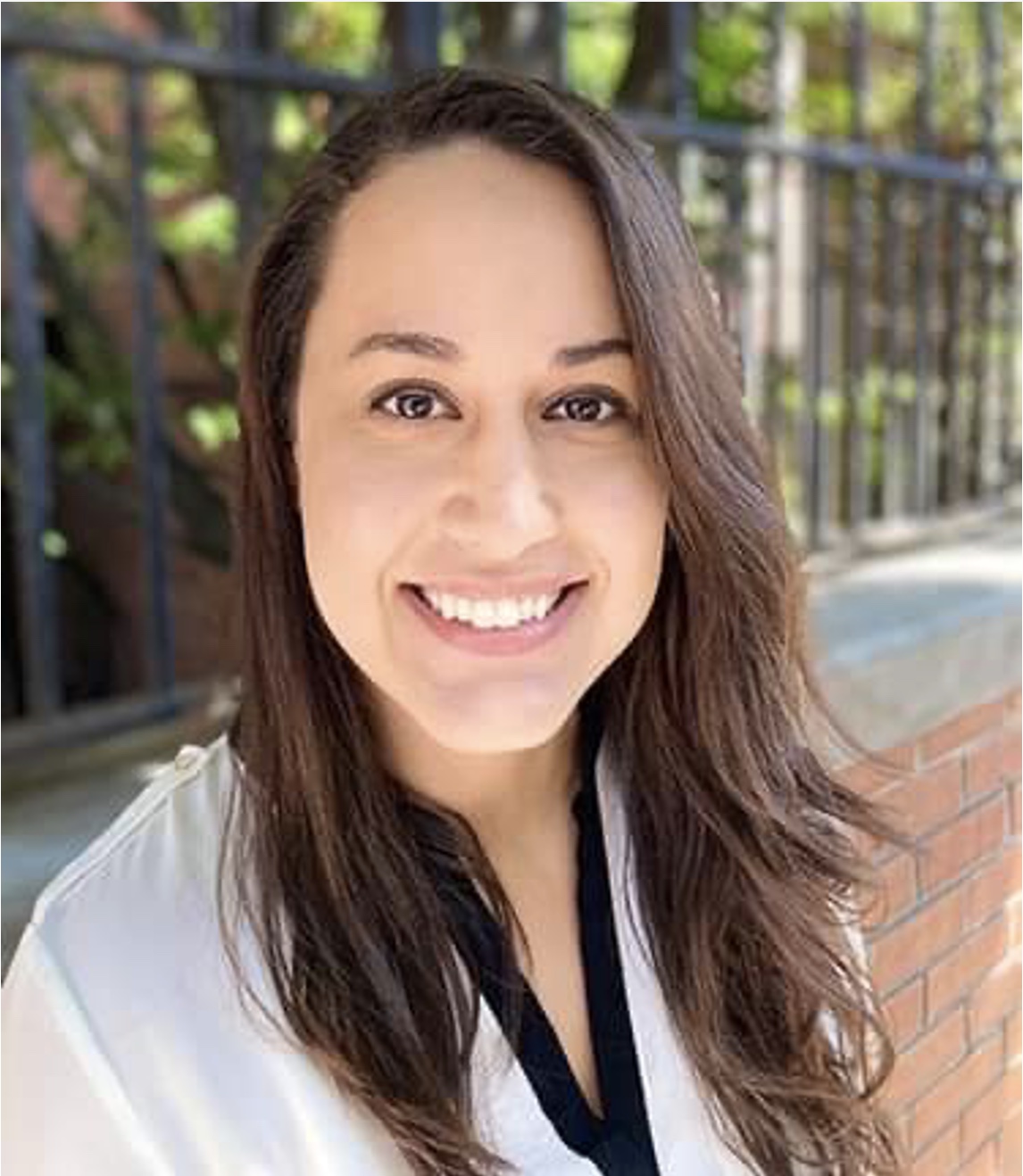 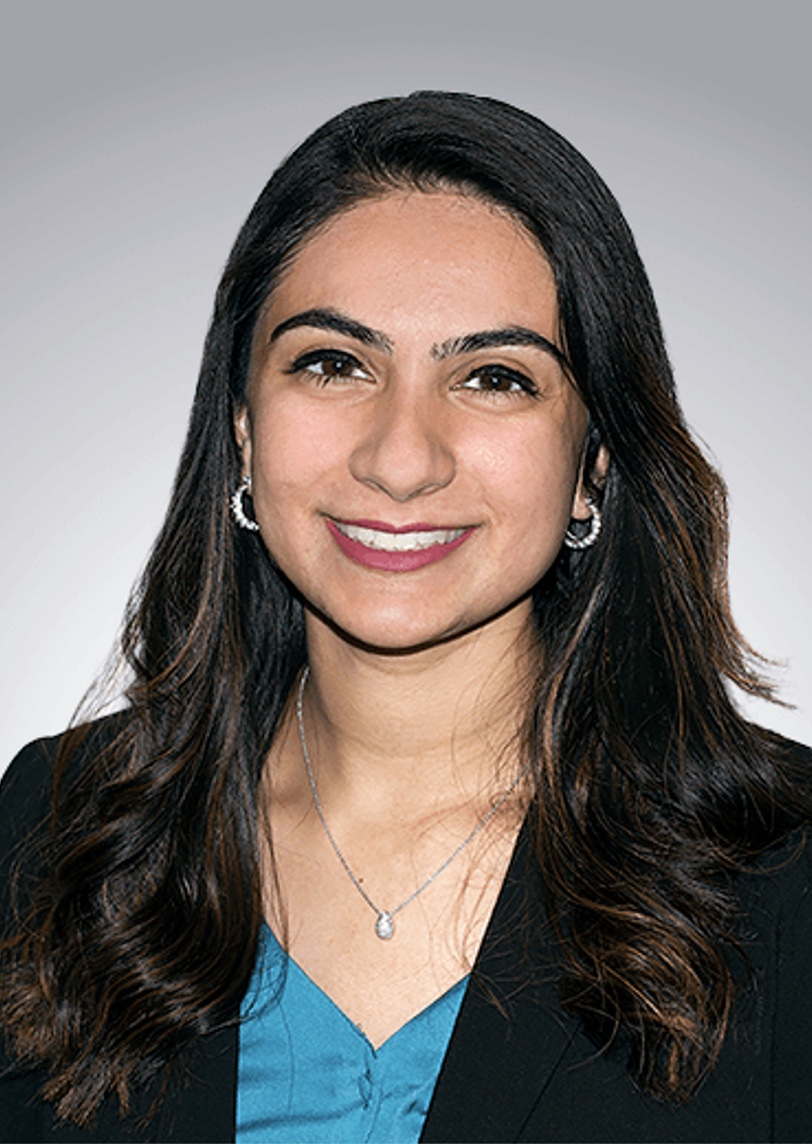

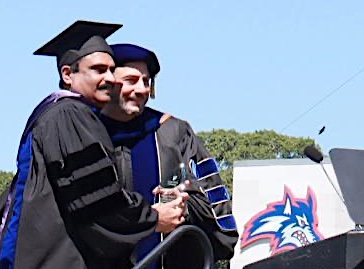
The photo shows Srini receiving his Excellence in Teaching an In-Person Course Award from Provost and Executive Vice President Carl Lejuez during the First-Year Student Convocation. |
|
Interview with a Resident Researcher - Dr. Sadiq Rahman
Murad Elias, MD
This an interview with CA-1 Resident Dr. Sadiq Rahman regarding his recently published research as well as his past, present, and future research efforts. 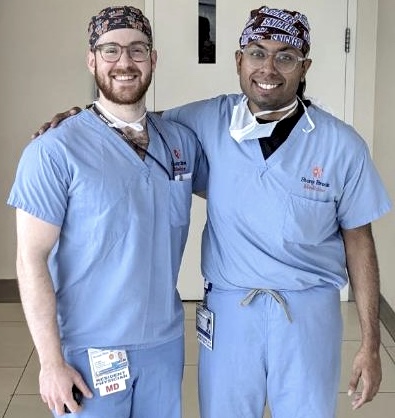
It took some time for me to start delving into research during medical school. Early on, I thought I might have been interested in neurosurgery, so I was able to join a project analyzing meningioma occurrence in the Bronx. Later on, through my med school training when I found anesthesia, I was able to work on a review looking at complications after spinal cord stimulator surgery. Both were very different projects but introduced me to the many aspects of research. What were the research projects about? What was your role in these projects? For the neurosurgery project, I helped assist with data collection, analysis, and introduced me to a field I wasn't very familiar with in neuroradiology. When I was working on my second project, I took on more of a lead and initially was planning on writing a case report on a patient who had a post-operative infection, which was then transformed it into a larger review. I helped write the manuscript, review relevant patient data, look for supporting literature, and collaborate with other members of our anesthesia department looking at perioperative outcomes. It was great to see the project be complete even after I started residency at Stony Brook. I'm hoping the same happens with another case report I started in my final year of medical school on gastroparesis. I learned good mentorship is key to successful research! 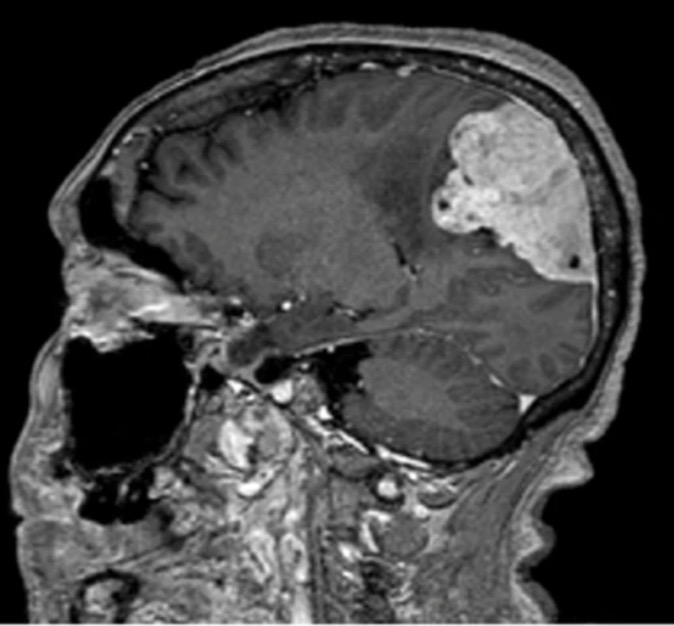
Figure from Funari et al 2022 Going into residency, I wanted to be even more active in research than I previously was during medical school. I feel the role of a physician often goes beyond patient care. While our colleagues in the lab help with the discovery of new diagnostics and treatments for patients, I've always felt that physicians should play a big role in making sure we keep improving our systems and come up with new ideas and treatments for future generations. I sometimes jokingly say if we treat a disease the same way for fifty years, we might want to re-evaluate what we are doing. During the interview trail, I was impressed by the amount of research that Stony Brook residents were involved in. As a current resident now, I feel there are even more avenues now than I previously thought for ways to work on a project in our department especially with Stony Brook's Academic Mentorship and Engagement Project (AMEP) led by our very own Dr. Jin! 
So far, I've been able to be a part of several publications and upcoming poster presentations. I am interested in chronic pain and have been able to work with my colleagues on a recently published review looking at current treatment modalities for patients suffering with Complex Regional Pain Syndrome (CRPS). We have quite a few patients in the New York region who are affected by this disease and have gone through a multitude of regimens to control their pain. It felt good to summarize a lot of those modalities in our review in hopes that we can provide an extensive resource for providers that treat patients who fail multiple therapies. My colleagues at Stony Brook and I are currently revising another review article on chronic pain diagnostics and how we can make the area more in line with the new age of personalized medicine. Do you have any future research endeavors that you’d like to tell me about? In the coming months, I am also excited to be working with our OBGYN to work on an interdisciplinary research project examining mechanism and therapies for dysmenorrhea. I'm looking forward to more projects over my years here! |
|
Pain Fellowship News
Amit Kaushal, MD
After dedicating the past 5 years as a Resident and Fellow, Dr. Elizabeth Watson had her final day here at Stony Brook. Her contributions as our inaugural Pain Fellow, have been vital in the development of the Fellowship. We would like to thank her for her hard work over the years and know that she will be successful out west. I would like to welcome our two new Fellows into the program. Dr. Roman Patwary grew up in Queens, New York. He obtained his medical degree from NYCOM in 2017 and completed his Anesthesiology Residency in 2023 at SUNY Downstate, serving as chief resident in his final year. He currently lives in Elmont NY with his wife and two children. Dr. Evan Cohen grew up in Delaware. He obtained his medical degree PCOM and completed PM&R residency at Johns Hopkins. Prior to medical school, he worked as an athletic trainer in Wilmington, Delaware. His interests include neuromodulation, medical education, and patient-centered care. Welcome! 
|
|
Farewell Joan Claeson
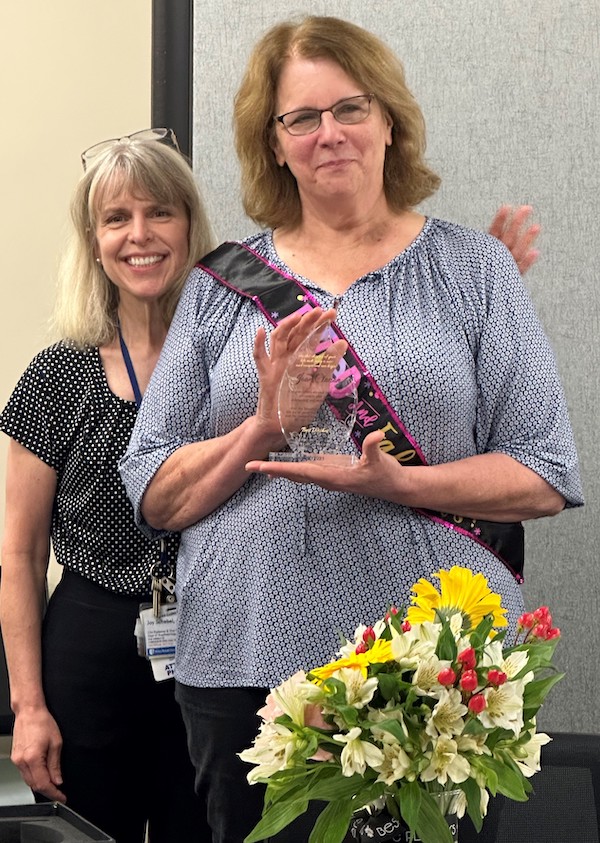
After 38 years of serving as the Program Coordinator for our Anesthesiology Residency Program, Joan Claeson has stepped down from that position. Joan has served as Residency Program Coordinator for 5 Chairmen and 4 Program Directors and has facilitated the education of nearly 400 residents! As Program Coordinator, Joan has done everything needed to run a residency program from recruitment to graduation. She coordinated all of our residency interview invitations, interview days, candidate rankings, orientations, didactic Education Days (lunches included), New Innovations management, AKTs, ITEs, duty hours, block schedule communication, resident jury duty summons, ABA leaves, and our annual graduation dinner. Joan has also managed all of the ACGME and GME compliance for our program and the residency verification paperwork for all of our resident alumni. The list goes on and on. Our department has been fortunate to have Joan serving in her role for so many years. Thank you, thank you, thank you Joan for all that you have done for our residents and department! 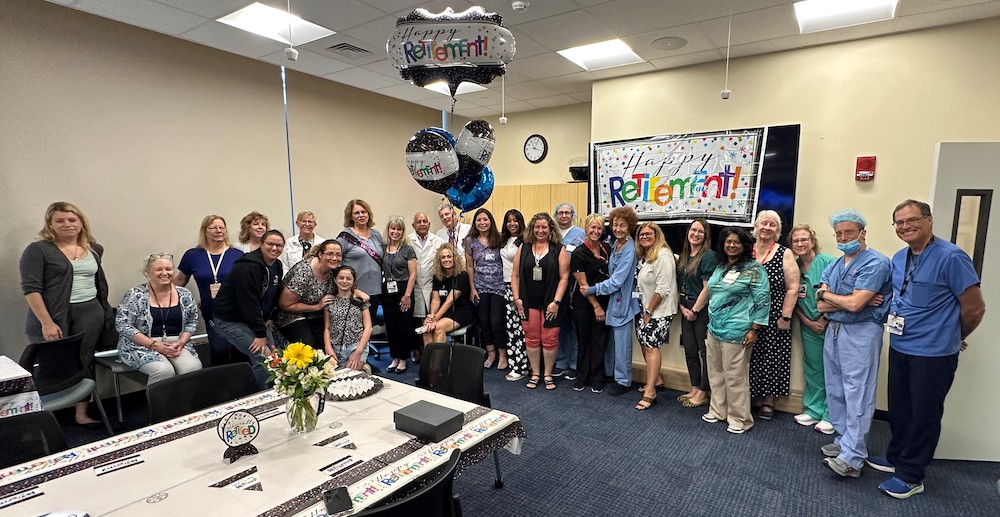
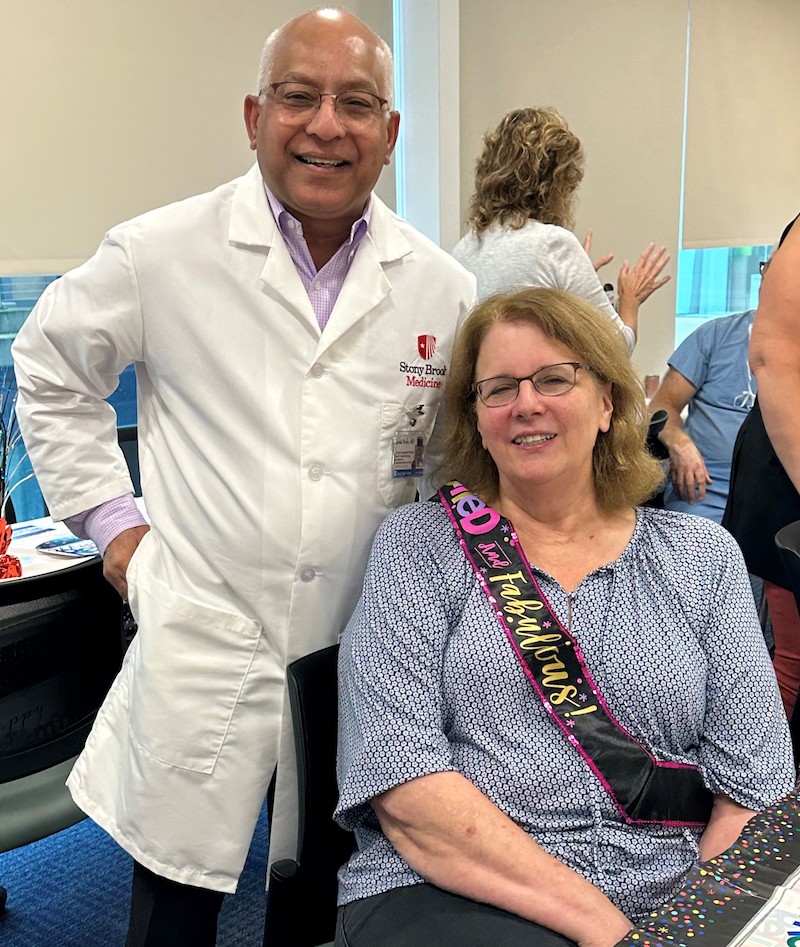 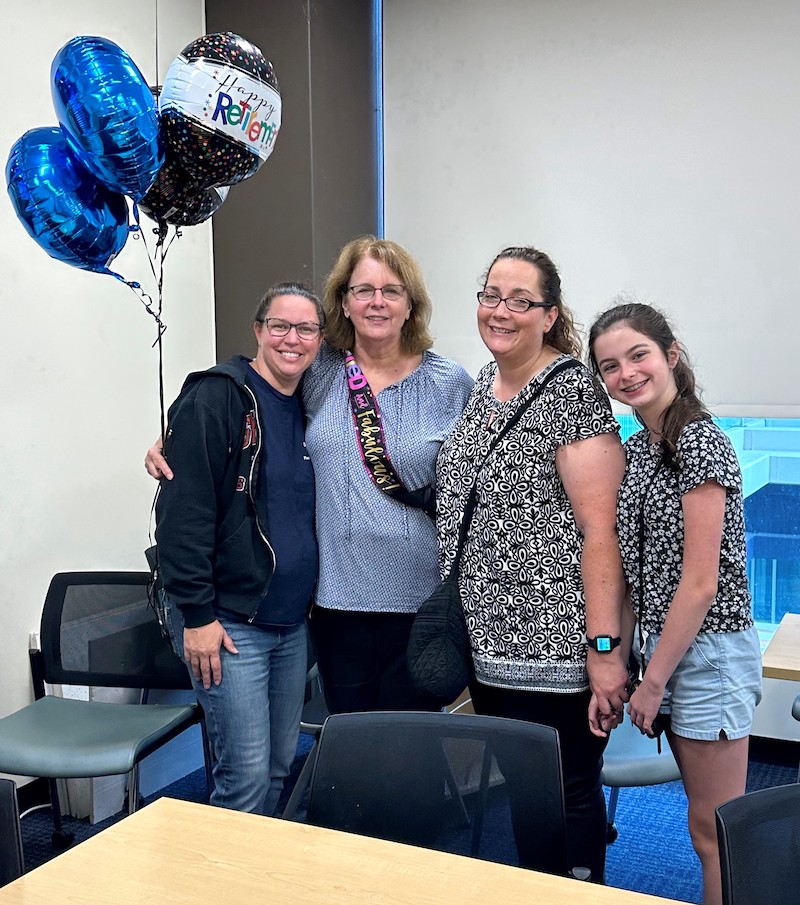
Photos from the farewell lunch on August 29 provided by Dawn Kane. |
|
CRNA News
Joseph Gnolfo III, DNP, MS, ACNP, CRNA
Please join me in welcoming the newest members of the Stony Brook Medicine team of CRNAs. Ryan Houlihan, DNAP, CRNA, Sarah Schilling, DNAP, CRNA, and Dylan Wood, DNP, CRNA started 8/17/23. Ryan is a new graduate from Yale New Haven and before that practiced nursing at Children's Hospital at Montefiore in PICU. Sarah is a graduate from Virginia Commonwealth University and has been practicing Nurse Anesthesia at VCU since 2021. Dylan is a new graduate from Fairfield University and before that was a member of the Stony Brook CTICU critical care nursing team. Welcome! 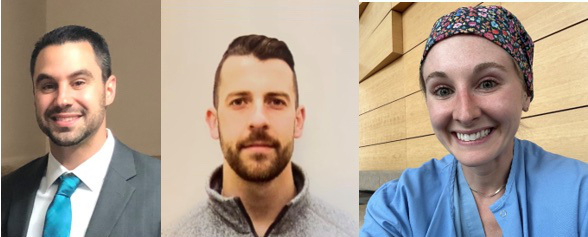
Dylan Wood, DNP, CRNA; Ryan Houlihan, DNAP, CRNA; Sarah Schilling, DNAP, CRNA |
|
Anesthesia Technician News
Melissa A. Day, MS, CRNA, CCRN
Please join me in welcoming Wendy Werther to our Anesthesia Technician Team. Wendy graduated with her Bachelor of Science in Health Science with a concentration in Anesthesia Technology from Stony Brook University in May 2022. She recently completed her Anesthesia Technician internship in June 2022 and joined the Anesthesia Technician Team on July 20, 2023. Please join me in welcoming Valentina Restrepo-Girlado to our Anesthesia Technician Team. Valentina graduated with her Bachelor of Science in Health Science with a concentration in Anesthesia Technology from Stony Brook University in May 2022. She recently completed her Anesthesia Technician internship in June 2022 and joined the Anesthesia Technician Team on July 6, 2023. |
|
A Peek Behind the Pub: Amelchenko et al 2023
How to teach an older mouse new tricks!
Amelchenko EM, Bezriadnov DV, Chekhov OA, Anokhin KV, Lazutkin AA, Enikolopov G.
Age-related decline in cognitive flexibility is associated with the levels of hippocampal neurogenesis.
Front Neurosci. 2023 Aug 14;17
James P. Dilger, PhD The first author of this paper, Dr. Evgeny (Zhenya) Amelchenko, is a postdoc in the lab of Dr. Grigori Enikolopov. We've come to expect that there will be cognitive differences between young and old animals compared to those in between. But, are there cognitive differences between mature adult vs late middle age mice (6 vs 14 months old)? That is what Zhenya set out to investigate in this study. 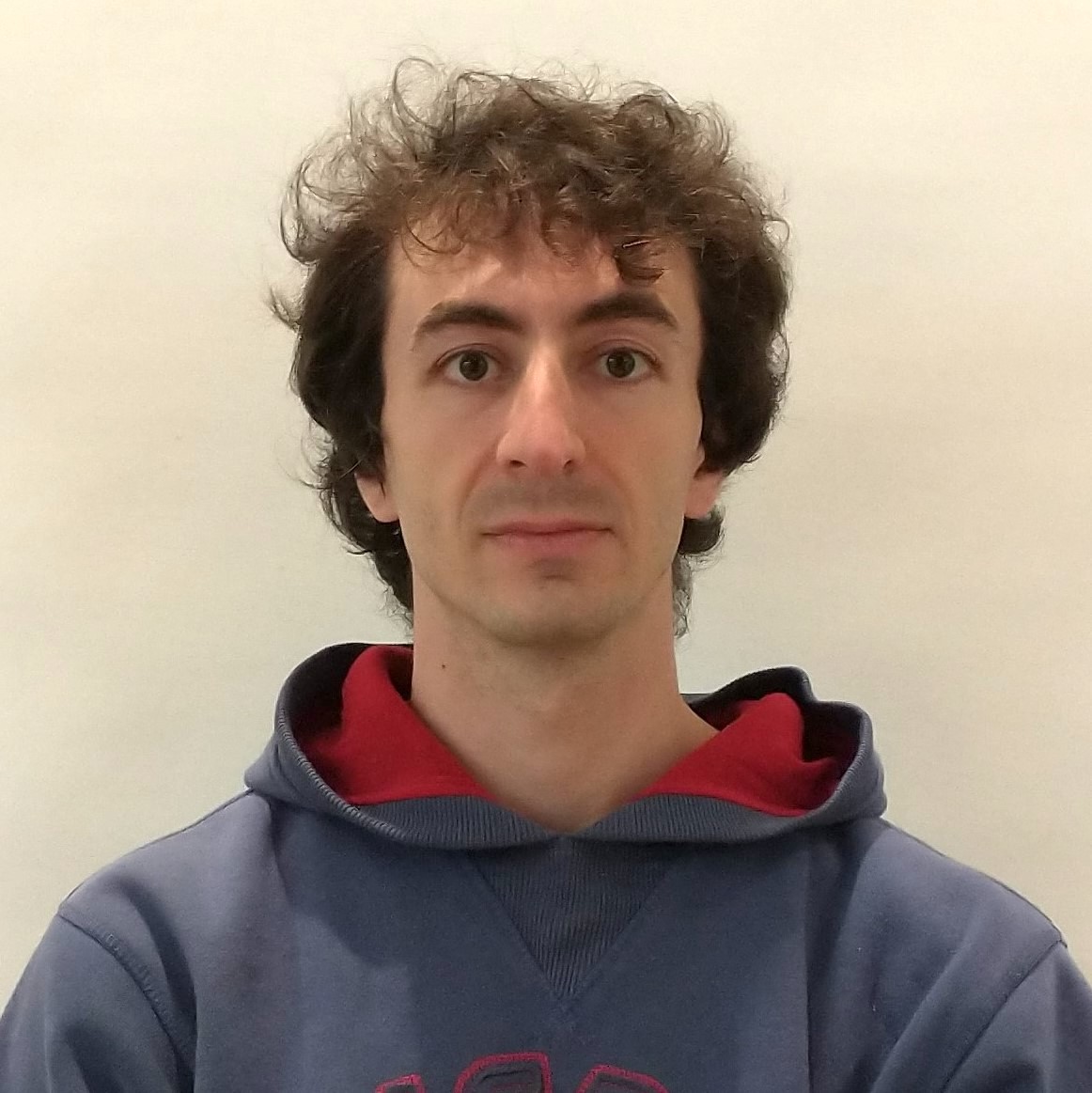
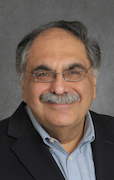
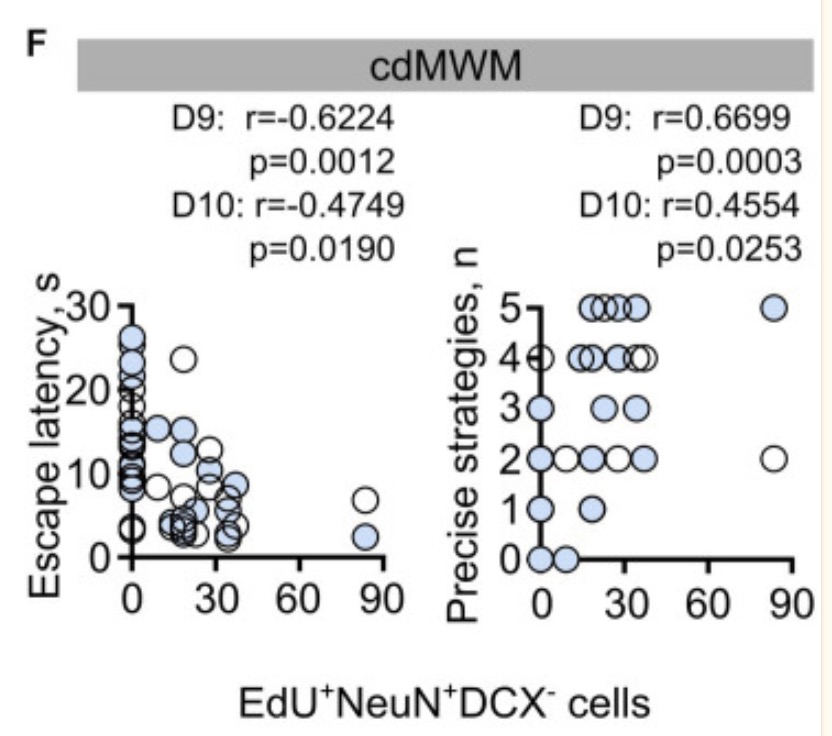
|
|
A Peek Behind the Pub: Bargnes et al 2023
What can airline pilots teach anesthesiologists?
Bargnes V, Corrado T, Abola R.
What’s Your No Phone Zone? Sterile Cockpit and Airline Industry Perspectives in Anesthesia Workflow.
ASA Monitor August 2023, Vol. 87, 24–26
Vincent Bargnes, MD A few months ago, I teamed up with Drs. Ramon Abola and Thomas Corrado for a submission to the ASA Monitor with helpful coordination by our resident research chief, Jims. The August 2023 issue was focused on the use of perioperative personal electronic devices. We decided to look at how aviation handles personal electronics and see how anesthesia could learn from a field with striking parallels. 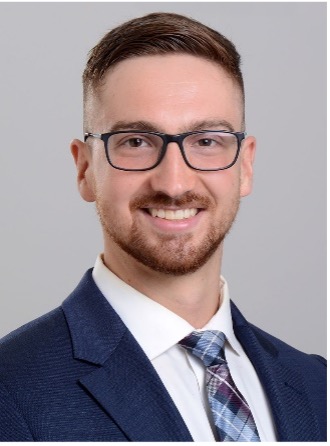
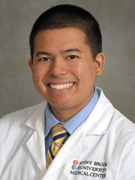
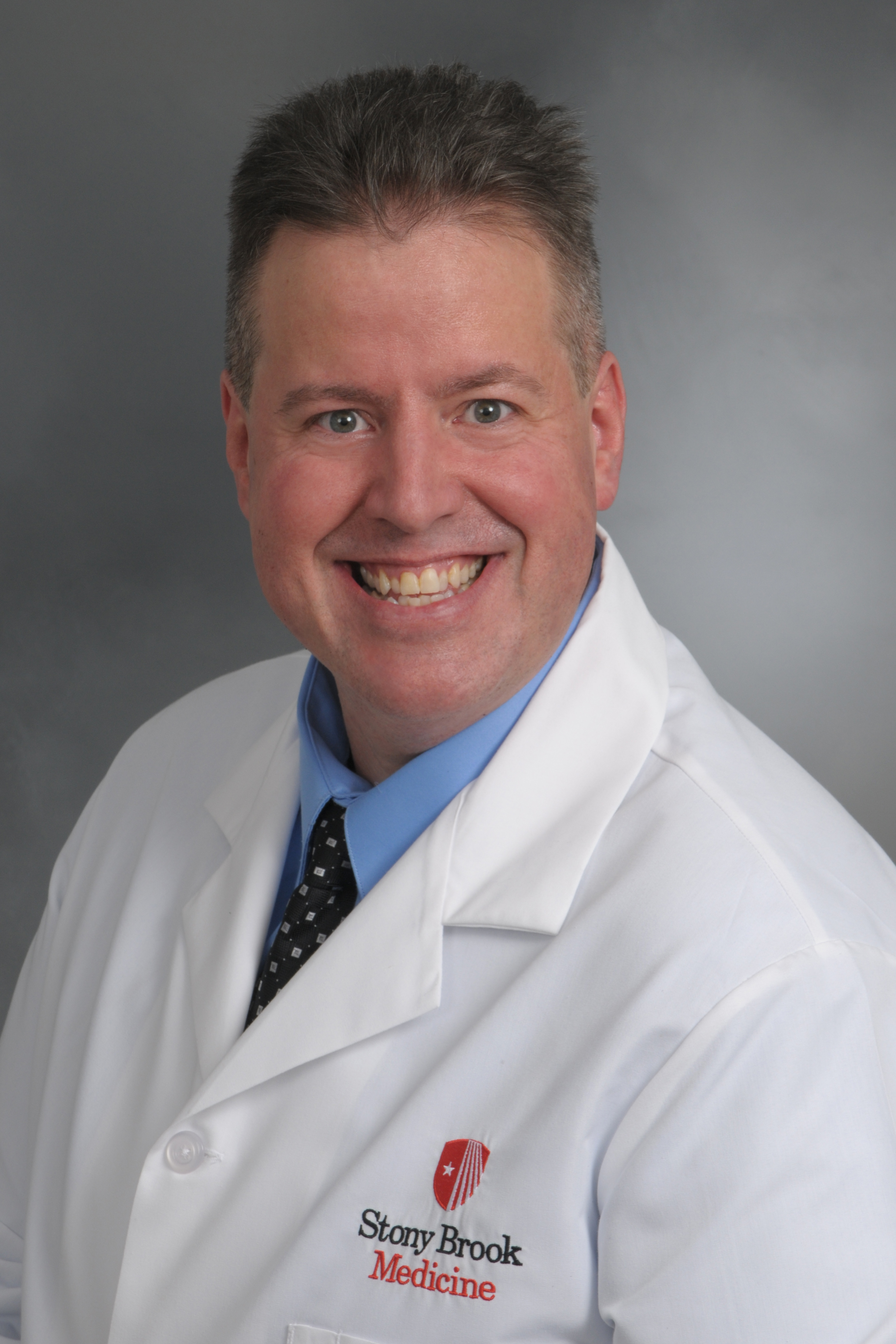
He recently took a position as a line check pilot precepting new pilots. As I talked to him about this Monitor article, he was telling me about how tempting cell phones can be on long-haul flights, especially for the next generation of pilots. He explained to me that aviation’s cell phone protocols, like many others, are based on one or more tragic accidents the industry has learned from. Specifically, the cockpit is considered “sterile” of any personal electronic devices under 10,000 feet above sea level to ensure focus during take-off and landing. This article explores the use, or lack thereof, of cell phones during the “take-off,” “landing,” and other crucial moments of anesthesia. 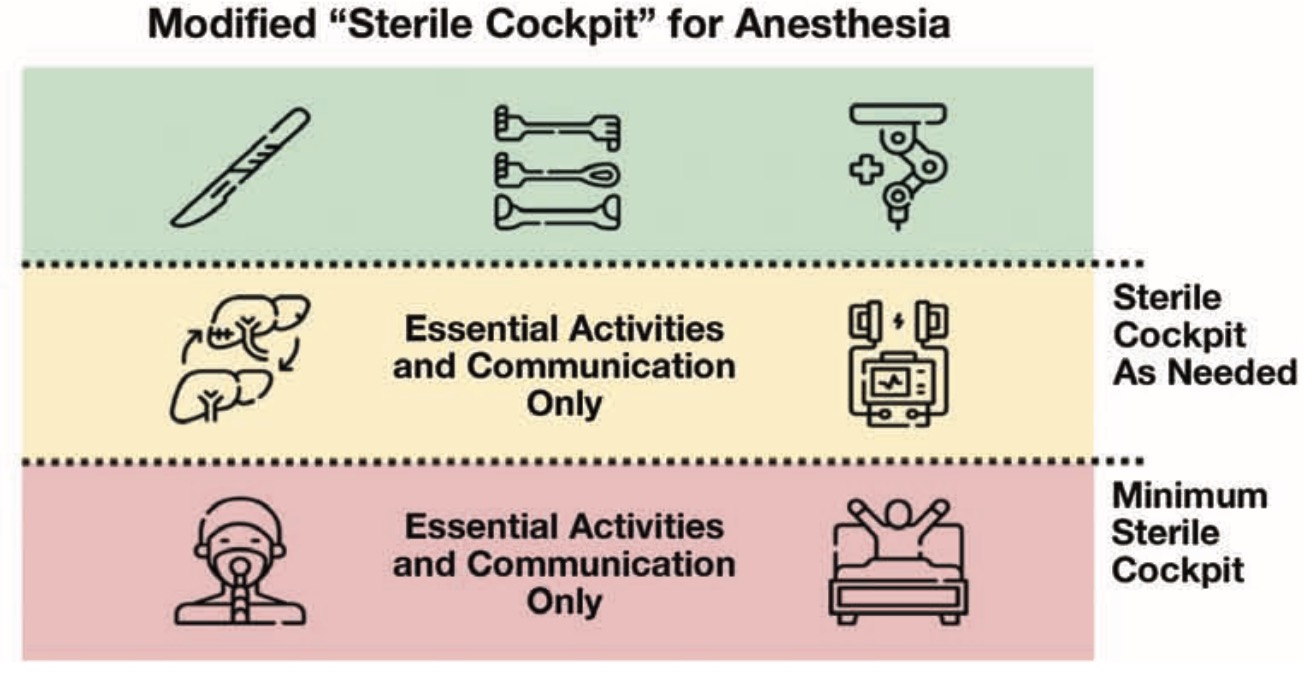
|
|
New Publications

Photo of neuronal stem cells from the Enikolopov lab featured on the cover of The Journal of Neuroscience 
From Noll et al, 2023 |
|
Where on Campus is That?
|
|
SleepTalker, the Stony Brook Anesthesiology Newsletter is published by the Department of Anesthesiology
Stony Brook Medicine, Stony Brook, NY Syed Shah, MD, Interim Chairman Editorial Board: James P. Dilger, PhD; Murad Elias, MD; Vincent Bargnes, MD |


